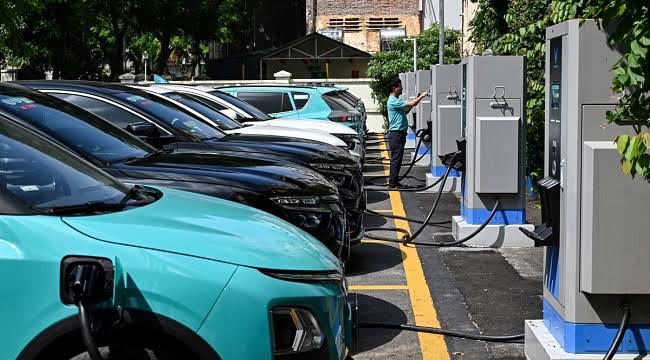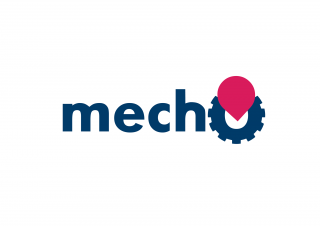Plans to introduce a fleet of electric tricycles, taxis, and buses in Nigeria’s North-East are expected to create fresh business opportunities for small and medium-sized enterprises (SMEs) while modernising the region’s transport system.
The Minister of State, alongside the leadership of the North-East Development Commission (NEDC) and the Chair of the House Committee, inspected the vehicles in China ahead of their shipment to Nigeria. Officials say the initiative will stimulate local entrepreneurship by creating demand for services in vehicle maintenance, charging infrastructure, and spare parts supply.
The rollout is also anticipated to spark a green transport ecosystem that could benefit a range of ancillary businesses. Local SMEs are expected to find opportunities in areas such as battery recycling, operation of charging stations, and fleet management services. By establishing a value chain around electric mobility, the programme aims to ensure that benefits extend beyond transportation into broader economic activity.
In addition to creating new business avenues, the shift to electric vehicles will help reduce carbon emissions and cut fuel expenses. This is expected to make transport and logistics enterprises more cost-efficient, improving their competitiveness in both regional and national markets.
Officials emphasised that the initiative aligns with Nigeria’s climate goals while directly contributing to job creation and sustainable economic growth in the North-East. By integrating SMEs into the emerging electric transport value chain, the project is positioned to deliver lasting socio-economic benefits to communities across the region.










